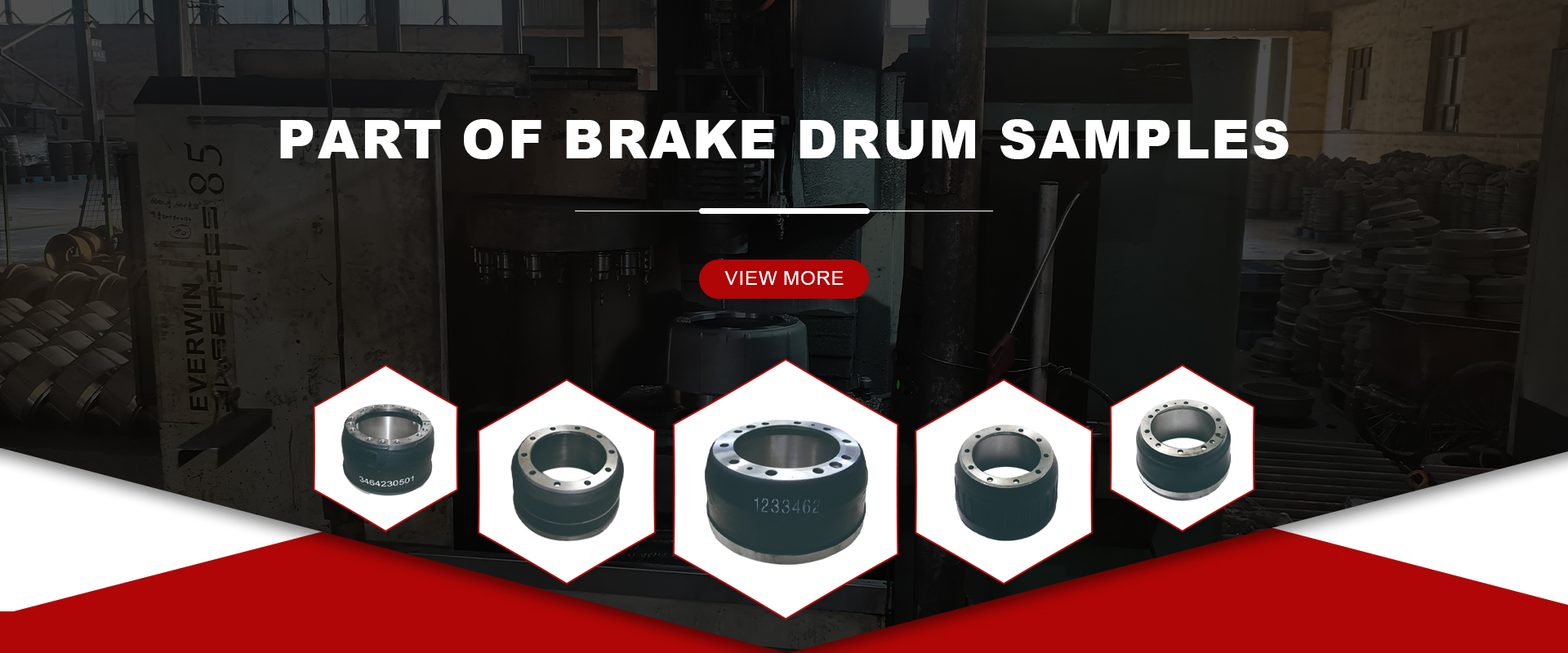Nov . 28, 2024 03:41 Back to list
Steps to Safely Remove Brake Drum from Your Trailer
How to Remove the Brake Drum on a Trailer
Maintaining a trailer is essential for ensuring safety and optimal performance. One critical aspect of trailer maintenance is the brake system, and occasionally, you may need to remove the brake drum for inspection or replacement. This task is manageable with the right tools and methods. Here’s a step-by-step guide on how to remove the brake drum on a trailer.
Tools Required
Before you begin, make sure you have the following tools
1. Jack and jack stands For safely lifting the trailer. 2. Lug wrench To remove the wheel. 3. Brake drum puller If the drum is stuck. 4. Screwdrivers Both flathead and Phillips. 5. Pliers For handling springs and clips. 6. Torque wrench For reassembling.
Step 1 Safety First
Always prioritize safety when working on a trailer. Park the trailer on a flat, stable surface and engage the parking brake. Use wheel chocks to secure the wheels on the opposite side of where you’ll be working to prevent any movement.
Step 2 Lift the Trailer
Use the jack to lift the side of the trailer where you are removing the brake drum. Once it is elevated, place jack stands under the trailer for added safety. Never rely solely on the jack for support while working.
Step 3 Remove the Wheel
Using the lug wrench, remove the lug nuts from the wheel. It’s easier to do this while the wheel is still on the ground, as it prevents spinning. After removing the lug nuts, carefully take off the wheel and set it aside.
Step 4 Inspect the Brake Assembly
With the wheel off, you will have access to the brake assembly. Conduct a visual inspection. Look for signs of wear such as cracked or chipped brake shoes, which might indicate that replacing the drum is a good idea. If everything looks fine, but you are still having braking issues, you may still need to remove the drum for further inspection.
Step 5 Remove the Brake Drum
how to remove brake drum on trailer

The brake drum may be held in place by several factors
1. Condition If the drum is rusted or has debris stuck to it, it may be stuck. Gently tap around the edge of the drum with a rubber mallet to see if it loosens. 2. Retention Screws Some drums have retention screws that need to be removed first. Use the screwdriver to take out any visible screws securely fastened to the drum.
3. Brake Drum Puller If the drum is stubborn and won’t budge, use a brake drum puller. Position the puller according to the manufacturer's instructions and tighten it slowly until the drum releases. Apply even pressure to prevent damage.
Step 6 Inspect the Brake Drum
After successfully removing the drum, inspect it for wear. Look for scoring, cracks, or excessive heat spots. If the drum meets any of these conditions, consider replacing it.
Step 7 Reassemble
To reinstall the drum, reverse the removal process. Align the drum over the brake assembly and tap it gently into place if necessary. Reinsert and tighten any screws that were removed.
Step 8 Replace the Wheel
Replace the wheel by aligning it with the hub, then hand-tightening the lug nuts before lowering the trailer back to the ground. After it is lowered, use the torque wrench to ensure you tighten the lug nuts to the manufacturer’s specified torque.
Step 9 Final Check
Before you hit the road, ensure all tools are removed from the work area. Inspect the brake assembly one last time to ensure everything is properly reassembled and secured.
Conclusion
Removing the brake drum on a trailer is a straightforward process when approached with care and the right tools. Regular maintenance is critical for trailer safety and performance, so make this task a part of your routine checks. By following these steps, you can ensure that your trailer's brake system is in good working order, providing peace of mind during your travels.
-
Your Brake Drum Man: Premium & Reliable Brake Drums for Sale
NewsAug.18,2025
-
ROR Web Development: Build Fast, Scalable, Secure Apps
NewsAug.17,2025
-
Scania Brake Drums: OEM Quality for Optimal Safety & Durability
NewsAug.16,2025
-
R.V.I: Advanced Remote Visual Inspection for Precision
NewsAug.15,2025
-
Discover HYUNDA: Innovative Vehicles, Equipment & Solutions
NewsAug.14,2025
-
R.V.I: Unlock Advanced Insights & Real-time Performance
NewsAug.13,2025
